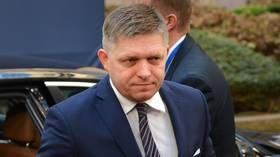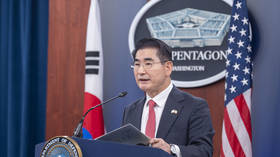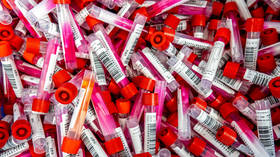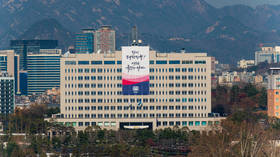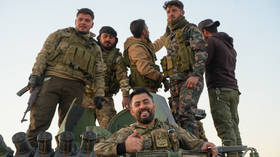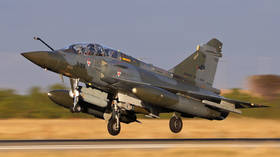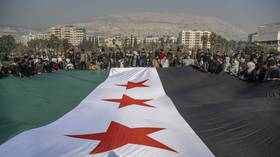Russian military driven by exports
Russia's military might was on display in Red Square on Friday, as the country paid tribute to its armed forces. The Russian defence industry is an export success, though its outlook is uncertain.
Sales have almost tripled to $US 4.6 BLN, second only to the United States. As well as its traditional CIS clients, new buyers have come on board. Among them are Brazil, South Korea and Turkey.
But much of this hardware relies on foreign components. Rockets, for example, are sometimes kitted out with French thermal imaging devices and GPS units.
This Achilles’ heel was exposed during the Yugoslav war. “One day Russian equipment containing foreign parts all of a sudden stopped working,” Vlad Shurigin, a former officer in the Special Forces 45th Battalion, told RT. “Foreign manufacturers insert undetectable, remote controlled chips. The Russian army still needs 3 or 4 more years to become self sufficient,” he explained.
The government has boosted defence spending this decade, reaching $US32 BLN in 2007. But this investment is slow to trickle down to the broader economy.
Russia lacks a network of small and mid-sized businesses which, in other countries, drive innovation. Analysts say there are very talented people in the industry, but they are being ‘lost’ to export-driven firms.
This week the British Ministry of Defence is holding tenders for universities and private firms to produce the next generation of military technologies.
By contrast, Russian military research looks to a limited number of large-scale production bureaux which survived the collapse of the Soviet Union. The national research and development budget will actually fall over the next 3 years.
Experts warn that while the Russian army may be giving away its secrets to other states, it is failing to exploit its own country’s economic potential.


